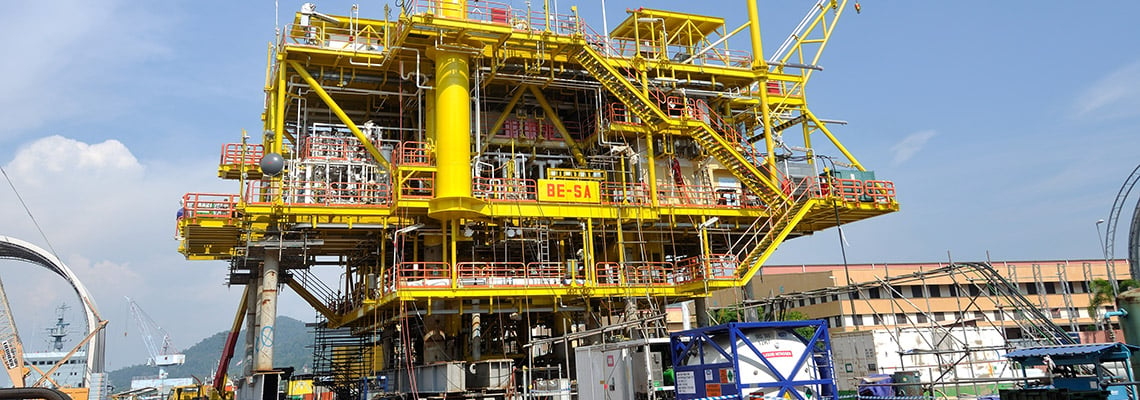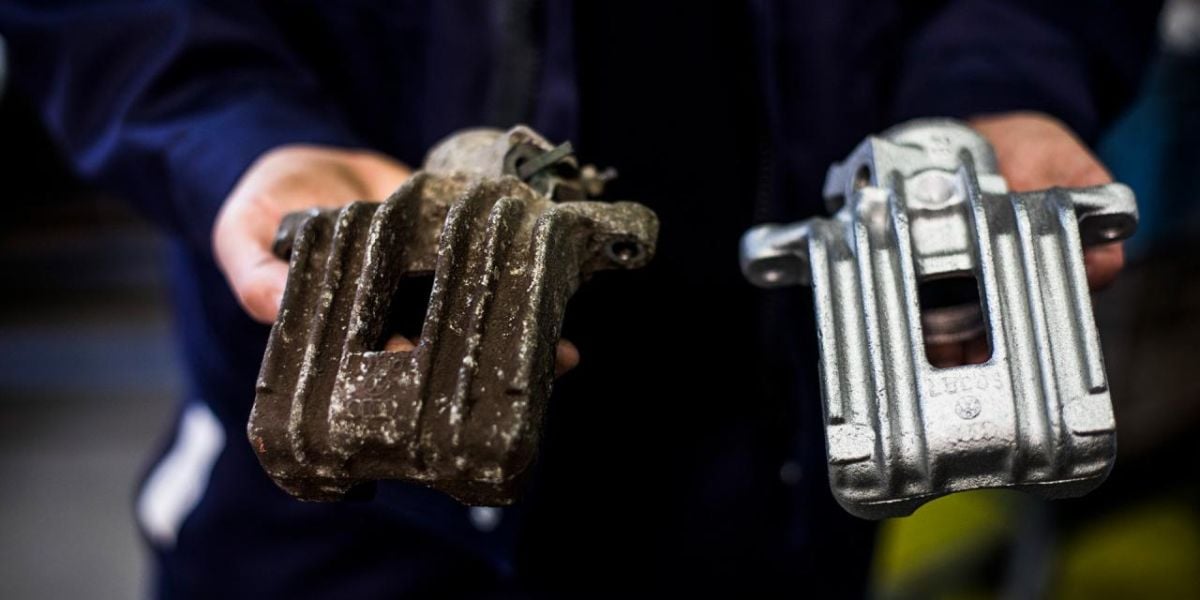What Malaysia’s marine reman industry needs: the wave that is sweeping the world
Remanufacturing is a natural fit for marine businesses worldwide. Nazery Khalid, honorary secretary of the Association of Marine Industries of Malaysia, outlines the compelling economic reasons for promoting reman aggressively.
Remanufacturing is a growing industry that is fast gaining recognition as an economically viable activity, along with its benefits in protecting the environment. Remanufactured items are virtually indistinguishable from similar new items yet offer ‘like new’ condition and performance under full warranty despite the lower prices. Amid increasing global awareness on the need to reduce carbon footprints and the austerity drive in challenging economic times, remanufacturing has assumed a higher level of importance.
As ReMaTecNews readers know well, it involves the refurbishment or restoration of used, worn-out or obsolete parts, equipment, machinery and vehicles for transformation into a ‘new’ condition. These products carry warranty periods similar to new products. Items restored using a combination of reused, repaired and new parts are more often than not cheaper without compromising usability, safety and efficiency.
It has to be stressed that remanufacturing is not the use of second-hand parts. Remanufactured items must match the same customer expectations for new products. They have to go through stringent testing to ensure that they meet the same performance specifications.
Warming up
Leading the way in global remanufacturing activities are the US and Europe, while many other countries are increasingly warming up to its economic, environmental and social benefits and are actively developing their remanufacturing industries. Global Industry Analysts has projected the global market for remanufactured automotive parts to reach $140 billion by 2020. Besides the huge economic impact, the industry also generates positive multiplier effects in terms of fostering investment, boosting infrastructure development and creating highly skilled, value-adding employment opportunities. The remanufacturing industry is based on the concept of delivering quality at lower cost and promoting the reduction of waste and conservation of resources through the use of components and materials recovered from used items.
Malaysia focus
There are currently 39 companies in Malaysia involved in remanufacturing. They are domestic oriented and have narrow sectoral focus, producing items using varying manufacturing processes with varying levels of warranty. Leading the remanufacturing activities in Malaysia are the electronics and IT sectors (with 19 companies involved), automotive parts and components sector (ten companies) and plant machineries and equipment sector (eight companies). The International Trade and Industry Ministry has also been tasked by the government to develop a policy for Malaysia’s remanufacturing industry which will act as a roadmap for its long-term development. There are several compelling reasons to promote remanufacturing aggressively in Malaysia.
The economic justification is strong. Malaysia spends considerably on imports of vehicles, equipment, parts and components to power its economy, hence using remanufactured items can help reduce the country’s foreign exchange outflow and current account deficit. It can also lower the capital and operational expenditures of local industries and businesses dependent on imported items.
Nurturing skills
From the point of view of human capital development, the remanufacturing industry could foster the nurturing of skilled workers who are crucial in undertaking the dismantling, cleaning, restoration, reworking, assembly and testing activities. The remanufacturing industry could also attract foreign direct investment and talents into the country, and foster research and development activities.
Last but not least, remanufacturing activities also contribute towards sustainable development and reduction of greenhouse gases (GHG). The marine industry provides a potentially attractive platform for remanufacturing. It is a global industry which utilises a wide range of vehicles (such as ships, trucks and stackers), equipment (cranes, engines and pumps) and parts which have to meet stringent technical standards. The economic logic of remanufacturing becomes more pronounced amid the current challenging landscape of the marine industry, which has been hit hard by the global recession that started in 2008. Local shipping companies are struggling amid low demand for shipping services to support seaborne trade and offshore exploration and production activities.
Exposure to foreign exchange from purchasing imported parts and equipment adds to the woes of operating in a very challenging business environment. Using remanufactured products could help reduce the local marine industry players’ dependence on expensive imported products. It could also help promote the development of a new subsector which will benefit the economy.
Marine potential
A vibrant remanufacturing sector within the marine industry would not do harm to Malaysia’s ambition to become a regional logistics hub and a globally competitive maritime nation which hosts world-class ports and local and foreign players in the marine industry. In this regard, remanufacturing in the marine industry has great potential to be developed in Malaysia. Being a nation dependent on the marine industry to facilitate its trade and power its economic growth, there will always be high demand for marine assets and services in this country. As it stands, there is only a handful of local companies involved in remanufacturing activities in the marine industry, namely for parts and components such as engines, valves and pumps. They operate on a small scale and focus on serving the small domestic market amid low demand for remanufactured products from local companies.
They make do without any policy support, incentives or core pool of skilled or technical workers.
But with the right enablers in place, Malaysia could become a player in remanufacturing in the marine industry which would not only benefit the relevant practitioners but also the economy as a whole. The ingredients for success are already there. It is just a matter of having the right recipe in the form of a well-defined and visionary policy to harness them, and strong co-operation between the stakeholders in Malaysia’s marine industry to capitalise on the wave of remanufacturing that’s now sweeping the world.
What Malaysia’s marine reman industry needs
To promote remanufacturing in Malaysia’s marine industry, the following enablers must be in place, says Nazery Khalid:
- A facilitating policy covering aspects such as well-defined legal and institutional framework, market access, licensing, certification and incentives
- Provision of customised incentives to marine industry players in terms of financing, importation of core components, human capital development and OEM, among others
- A set of standards for remanufactured products for the marine industry
- A core group of skilled and technically adept workers able to undertake the range of activities in remanufacturing
- Availability of specialised supporting services such as inspection, testing, R&D, design, accreditation, licensing, after-sales service, consultancy and others
- Efforts to educate and increase awareness of industry players of the viability of using remanufactured products
- Assistance to players in remanufacturing to promote their products to domestic and international markets
- Promotion of remanufacturing as a key subject at local universities and research institutes



